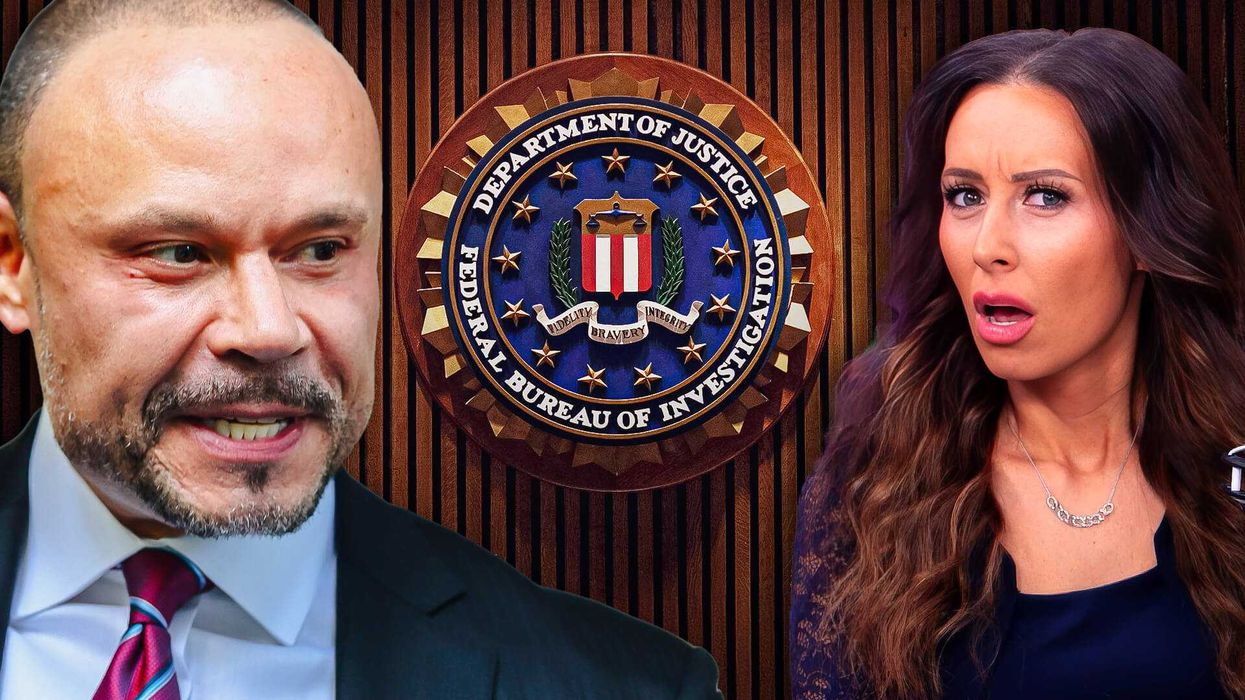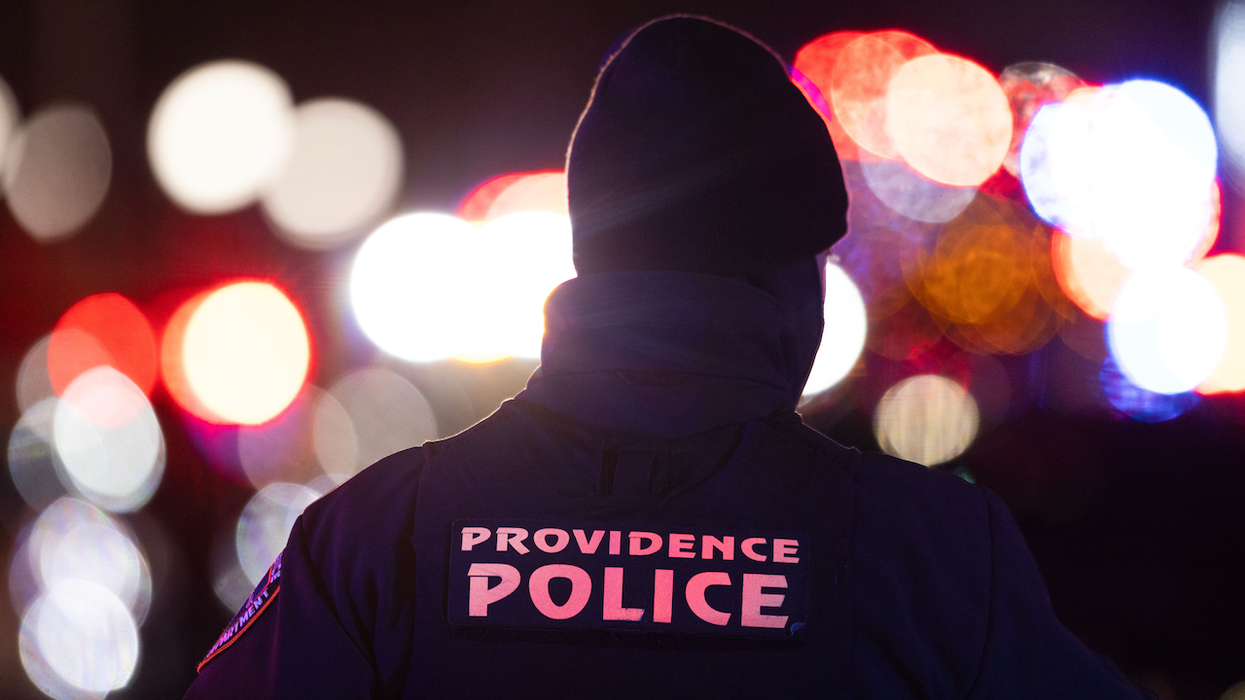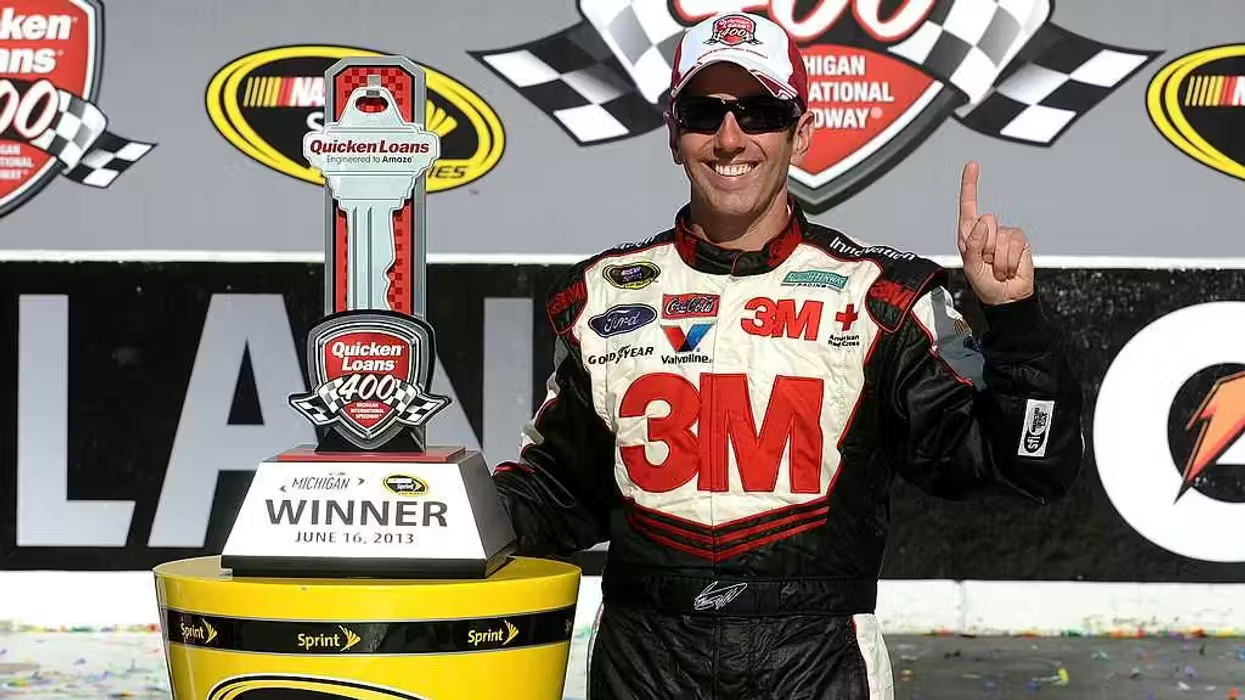
© 2025 Blaze Media LLC. All rights reserved.
You'll Probably Cry When You See This Video of an Elderly Man Being Transformed by Music
April 11, 2012
"It gives me the feeling of love and romance."

Yvonne Russell is a recreational therapist at a nursing home that has a music therapy program for its patients. When she speaks about seeing one of her patients hear music -- one of whom was extremely unresponsive and seemingly not alert for two years under Russell's care -- she gets choked up.
"It was amazing," she said.
Russell is one of the people involved in a project called "Music and Memory," which seeks to bring music's therapeutic benefits to the elderly and infirm. There is a documentary on the project -- "Alive Inside" -- for which some participants, caregivers and scientists were filmed.
The clip of one elderly man within the documentary was released last fall and is making its rounds on the Internet again as the documentary gets set to premier at the end of the month. See if you don't get choked up too when this man lights up as he hears some of his favorite music:
The man in the clip, Henry, is described as "inert, maybe depressed, unresponsive and almost unalive." His daughter explains the vibrancy he'd had when was younger and how he was always singing. Russell instructs the technician creating an iPod playlist for Henry to include religious music as his family said it was his favorite.

When Henry dons the headphones and hears the music, he becomes a different person. He gets animated, even making a joyful noise. When he's asked questions by an interviewer, he's also more talkative. When asked if he liked music, Henry responded, "I'm crazy about music."
Henry reveals he enjoyed music at a young age when he would attend large dances. His favorites included Cab Calloway and the song he graces us with is "I'll Be Home for Christmas."



The project works to individualize the music to each patient's preferences. The Music and Memory website reports neurologist Dr. Petr Janata as saying:
"This is a very exciting time to be working in the field of neuroscience and especially in the area of music and the brain. Although topics such as music or emotion have historically been regarded by the scientific mainstream as frivolous or unworthy of scientific study, there is now a surging interest in understanding how music engages and shapes the brain, as well as the ways in which music can help people whose brain function has been impaired in one way or another....“As a relative newcomer to the world of translational neuroscience - the term used to describe research that has an explicit goal of converting basic research to clinical interventions as directly as possible - I have found myself contemplating the following question: if music is such an important aspect of people's lives from the time they are born, why is it that it doesn't really occur to us, as a society, to provide people with music when they can no longer do what is necessary to provide it for themselves?"
According to the Washington Post Style blog, social worker Dan Cohen and neurologist Oliver Sacks, author of Musicophilia, were included as experts in the documentary. Sacks calls to mind philosopher Kant calling music the "quickening art." This is what he thinks is happening with Henry. "Henry is being quickened," Sacks said. "He's being brought to life."
Sacks says, in some sense, the music helps Henry remember who he is and restores him to himself. Still, Henry says it better. When asked what music does to him, he said, "It gives me the feeling of love and romance. Like right now the world needs to come into music singing you've got beautiful music here."
In another clip, Russell states she believes the spread of this program would be beneficial for other nursing homes and even suggests use in different patients such as more unresponsive children:
The Washington Post reports the full documentary will premier at New York's Rubin Museum on April 18. See the Music and Memory website to learn how you can donate iPods to the program here.
Want to leave a tip?
We answer to you. Help keep our content free of advertisers and big tech censorship by leaving a tip today.
Want to join the conversation?
Already a subscriber?
more stories
Sign up for the Blaze newsletter
By signing up, you agree to our Privacy Policy and Terms of Use, and agree to receive content that may sometimes include advertisements. You may opt out at any time.
Related Content
© 2025 Blaze Media LLC. All rights reserved.
Get the stories that matter most delivered directly to your inbox.
By signing up, you agree to our Privacy Policy and Terms of Use, and agree to receive content that may sometimes include advertisements. You may opt out at any time.






